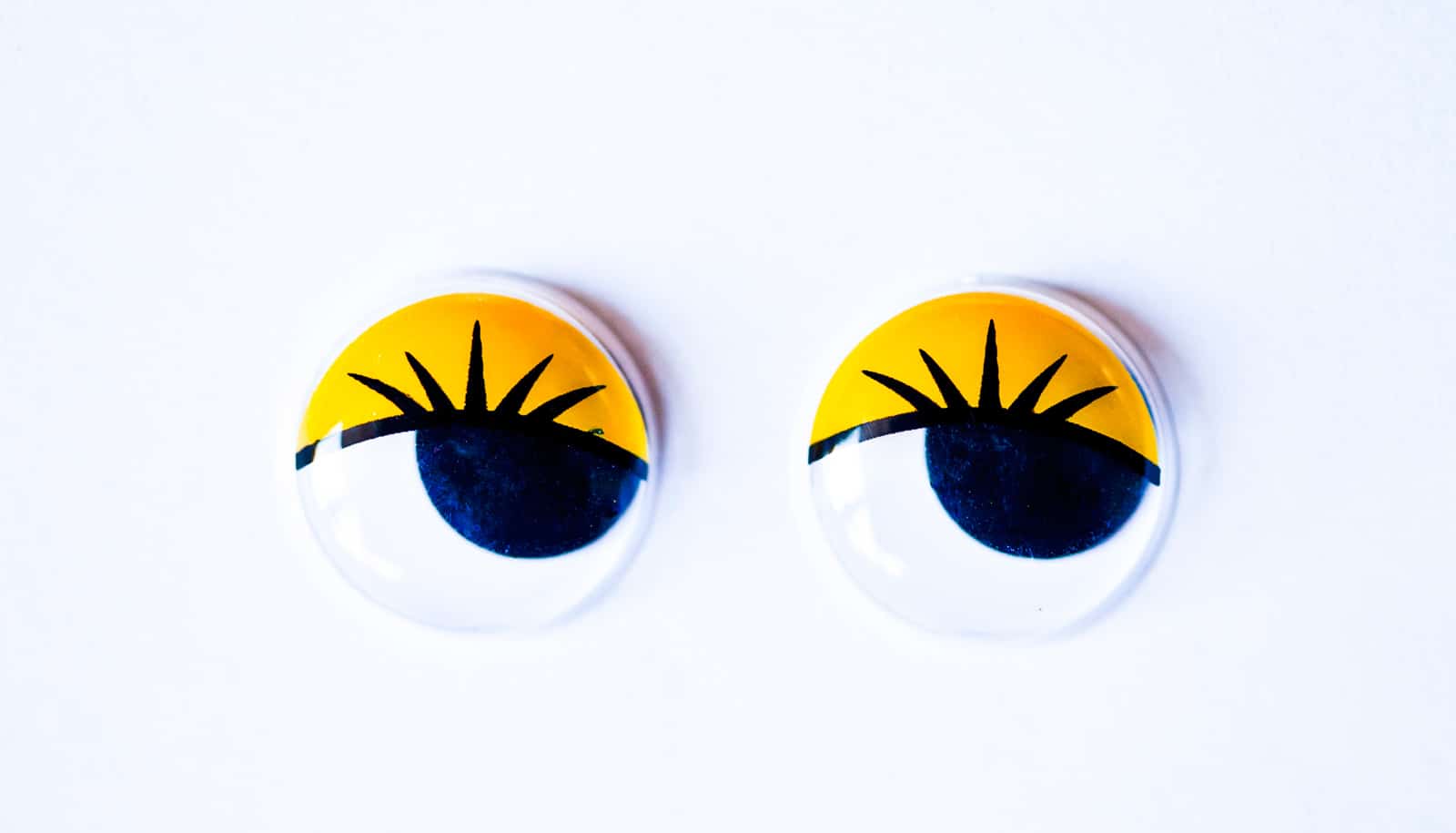First, thank you for reading Futurity this year, whether you’re a loyal fan or new to the site. In 2021, we hope you can keep finding useful, mind-blowing, and fun university research here.
Thank you for reading and have a happy new year!
This year, readers wanted to know more about a huge range of topics, from new COVID-19 discoveries to the US presidential election, from terrifying parasites to how to make the best homemade masks. Here are Futurity’s top 10 most popular stories for this year:
10. Sleep is like a ‘crystal ball’ to predict Alzheimer’s
“…the sleep you’re having right now is almost like a crystal ball telling you when and how fast Alzheimer’s pathology will develop in your brain,” says Matthew Walker, a professor of psychology and neuroscience at the University of California, Berkeley.
9. Why Joe Biden’s stutter is a big deal
“Many children who stutter believe that because of their stuttering, they cannot participate in activities that require leadership and public speaking,” says Eric S. Jackson, a professor of communicative sciences and disorders at the Steinhardt school at New York University. “The fact that Biden still stutters… is powerful for young children who speak like him.”
8. 2-in-1 injection may help diabetics control blood sugar
A new technique that combines insulin with another hormone could boost the effectiveness of the shots people with diabetes take regularly, according to Stanford University researchers.
7. Bleach not vinegar: How to clean to kill coronavirus
Rutgers University experts have tips for cleaning your home to kill the coronavirus that causes COVID-19 (and the pathogens behind other deadly diseases).
6. To regulate weight gain, control inflammation?
When researchers from Washington University in St. Louis disabled a gene in specific cells, it prevented mice from becoming obese even after they ate a high-fat diet.
5. 3 factors shed light on COVID-19 oxygen level mystery
One of COVID-19’s biggest and most life-threatening mysteries is how the virus causes “silent hypoxia,” a condition in which oxygen levels in the body are abnormally low. Researchers from Boston University have begun to find answers.
4. Hypothesis: Is COVID-19 severity tied to hair loss?
“…the scientific evidence gives us reason to believe that beardy, bald men may be more vulnerable to COVID-19 than other individuals,” says Carlos Wambier, an assistant professor of dermatology and clinician educator at Brown University’s Warren Alpert Medical School.
3. Combine cotton and silk for the best homemade mask
Find out which materials make the best face masks and why from researchers at the University of Chicago.
2. New wasp may be a parasite of a parasite
Get a look at a horrifying insect soap opera starring vampires, mummies, and infant-eating parasites playing out on the stems and leaves of live oak trees every day from Rice University researchers.
And, finally…
1. To beat the winter blues, think like a Norwegian
“…a positive wintertime mindset was associated with every metric of well-being we looked at, including life satisfaction, positive emotions, psychological flourishing, and personal growth,” says Kari Leibowitz, a PhD candidate in social psychology at Stanford University. “In other words, people in Norway who had more positive wintertime mindsets also tended to be happier overall.”
Thank you for reading and have a happy new year!



